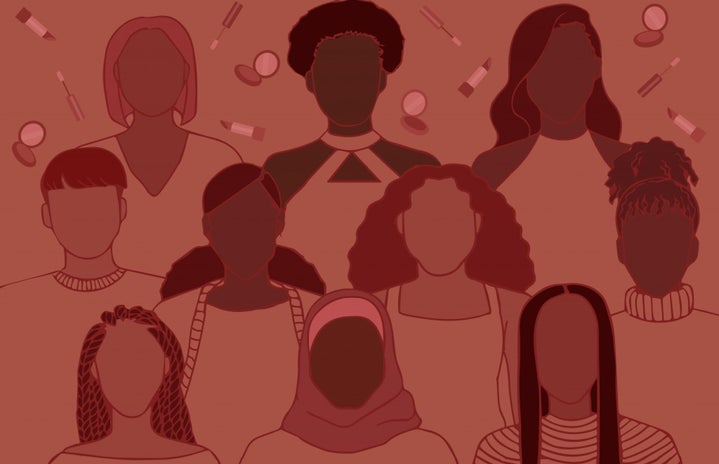Americans aren’t known for being fluent in languages other than English, so when a southern white girl like myself starts speaking Spanish, a lot of people are surprised. While we can all appreciate people who can speak one or more languages, the American culture can make us struggle with the ways we learn and represent other cultures.
American culture has taught me to be perfect in my grammar due to how hard the English language is to interpret. This led me to be frustrated with myself anytime I spoke Spanish and I didn’t get a verb tense correctly or used a word in the wrong context. It can make you so nervous to speak on the spot! If you’re like me, helping a customer or talking to a friend in Spanish makes your hands shake and your heart race. The perfectionist mindset makes a casual conversation turn into a nightmare.
Of course, the nerves aren’t just for making sure you get each word right. Some people can be offended by the way you speak their native language. Phrases like, “get your own culture,” “at least get the words right,” or simply laughing at how you approach the language is enough to discourage anyone from immersing themselves in another culture/language. Being bilingual is a very useful skill, but there is a fine line between culture appreciation and culture appropriation, even if you have good intentions.
Lots of people want to learn another language either to help themselves in a foreign country, to help others in their community who suffer with a language barrier, or simply because they like the language! This can translate into culture appreciation or appropriation depending on the context and the person you are speaking to. Most people get offended if you assume they can’t speak English based on how they look. While you may be eager to show off your bilingual skills, the person might see that as appropriation based on their appearance and feel discriminated against by the people who don’t treat them with respect for their language preferences.
However, when people take the time to immerse themselves in another culture and learn how to respectfully appreciate the language and practices, most people will embrace that appreciation! As I have been learning Spanish, my friends from Hispanic backgrounds have been more than welcoming and appreciative of someone trying to close the gap between our cultures. It means a lot to show how beautiful you think another culture is and it encourages others to be proud of their heritage and not be embarassed to show it off!
Even though there is a lot of anxiety and belittling (of yourself or by others), I’m so grateful to have learned such a helpful ability. When someone walks into my job with a clear language barrier, the look of comfort on their face when I can help them in a language in which they are familiar is priceless. Especially in the medical field, language barriers are such a preventable struggle. No matter the career you want or the level of expertise you have, I encourage you to take the time to learn a new language, it’ll make someone’s day or even save their life!


